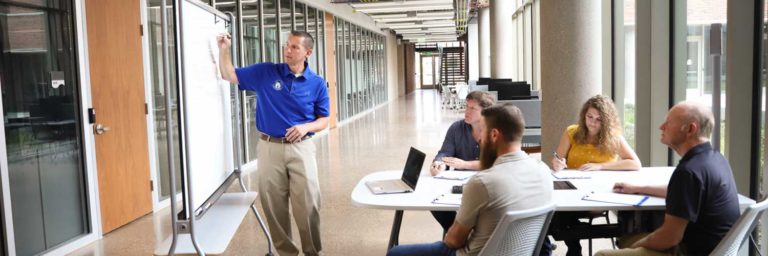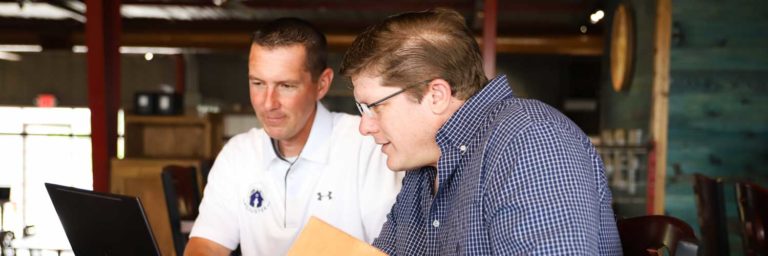When you file an insurance claim, you may be wondering who will handle your claim and negotiate with the insurance company on your behalf. There are two types of insurance adjusters who can assist you with your claim: independent insurance adjusters and public adjusters. In this blog post, we will discuss the difference between these two types of adjusters and help you determine which one is right for you.
Independent Insurance Adjuster
An independent insurance adjuster is hired by an insurance company to investigate and assess the damages and negotiate a settlement on the company’s behalf. They are usually licensed and trained professionals who work for a company that provides adjusting services to insurance companies. However, policyholders can also hire independent adjusters to represent their interests.
Independent adjusters are paid by the hour or on a per-claim basis, and they are typically more experienced than staff adjusters. They have no loyalty to the insurance company, which means they can provide an impartial and fair assessment of the claim, ensuring that the policyholder receives the compensation they deserve.
Public Adjuster
A public adjuster, on the other hand, is hired by the policyholder to represent their interests in the claims process. Public adjusters work exclusively for the policyholder and are paid a percentage of the settlement they negotiate. They are often used when a policyholder feels that the insurance company’s settlement offer is too low or is not enough to cover their damages.
Public adjusters are licensed professionals who are trained to handle a wide range of claims, including property damage and personal injury claims. They work on behalf of the policyholder and advocate for their interests during the claims process. This can include conducting their own investigation, assessing damages, and negotiating with the insurance company to ensure a fair settlement.
Which One Is Right for You?
Deciding which type of adjuster is right for you depends on your specific situation. If you have a good relationship with your insurance company and are satisfied with the claims process, you may not need to hire an independent adjuster or a public adjuster. However, if you feel that you are not receiving the compensation you deserve, hiring a public adjuster can be a good option. On the other hand, if you want a professional to handle the claims process for you, an independent adjuster may be the right choice.
Conclusion
In summary, there are two types of adjusters who can assist you with your insurance claim: independent insurance adjusters and public adjusters. While both types of adjusters can help you navigate the claims process and negotiate a settlement, they differ in who they represent and how they are paid. When deciding which one is right for you, consider your specific situation, the complexity of your claim, and the amount of time and effort you are willing to put into the claims process.










